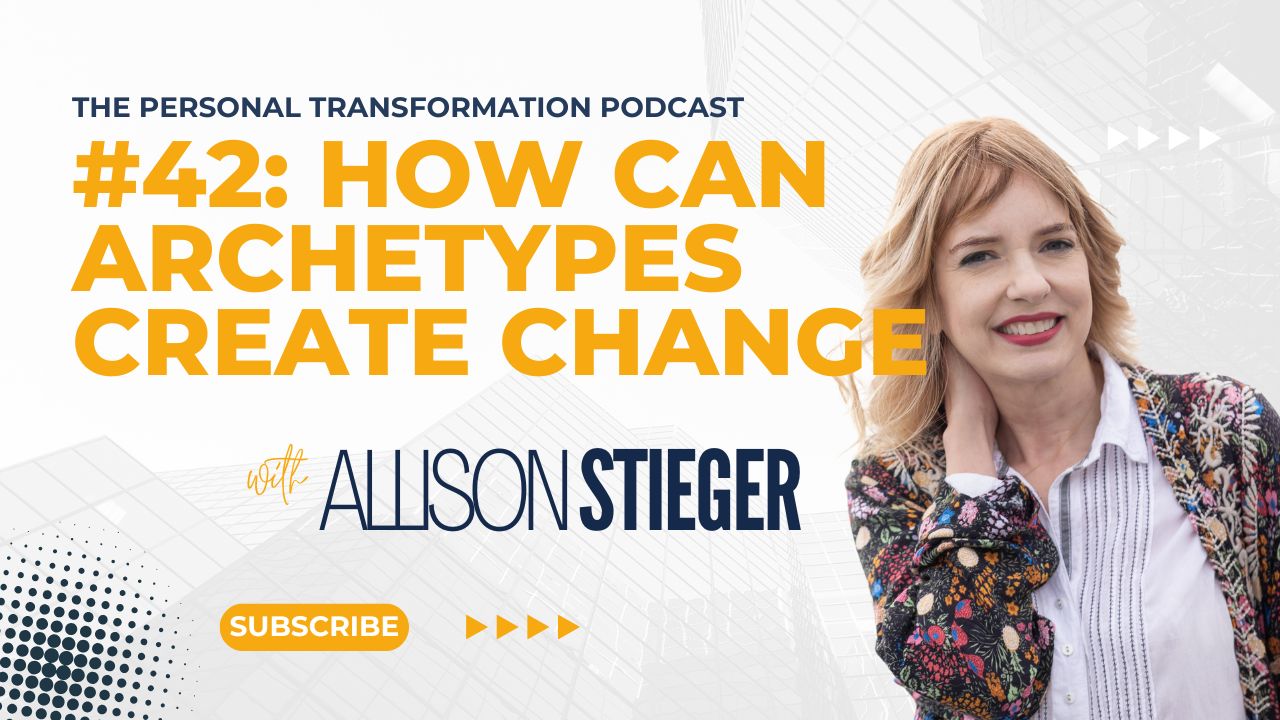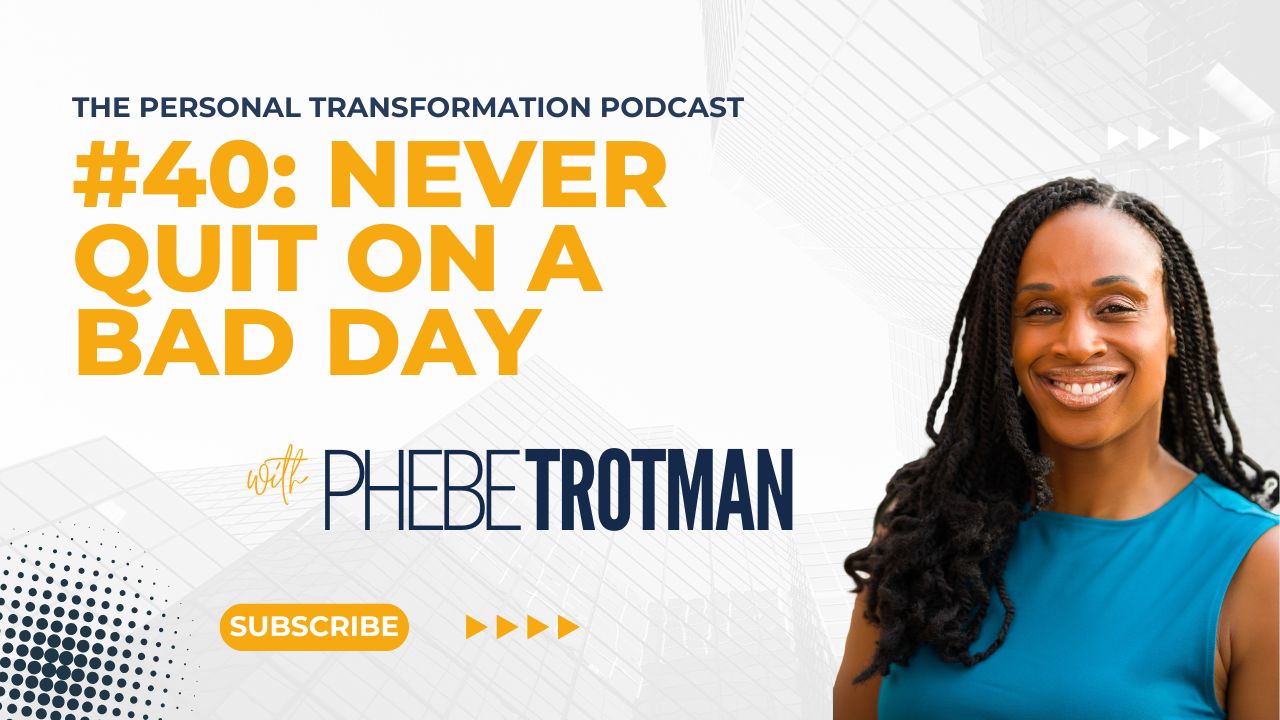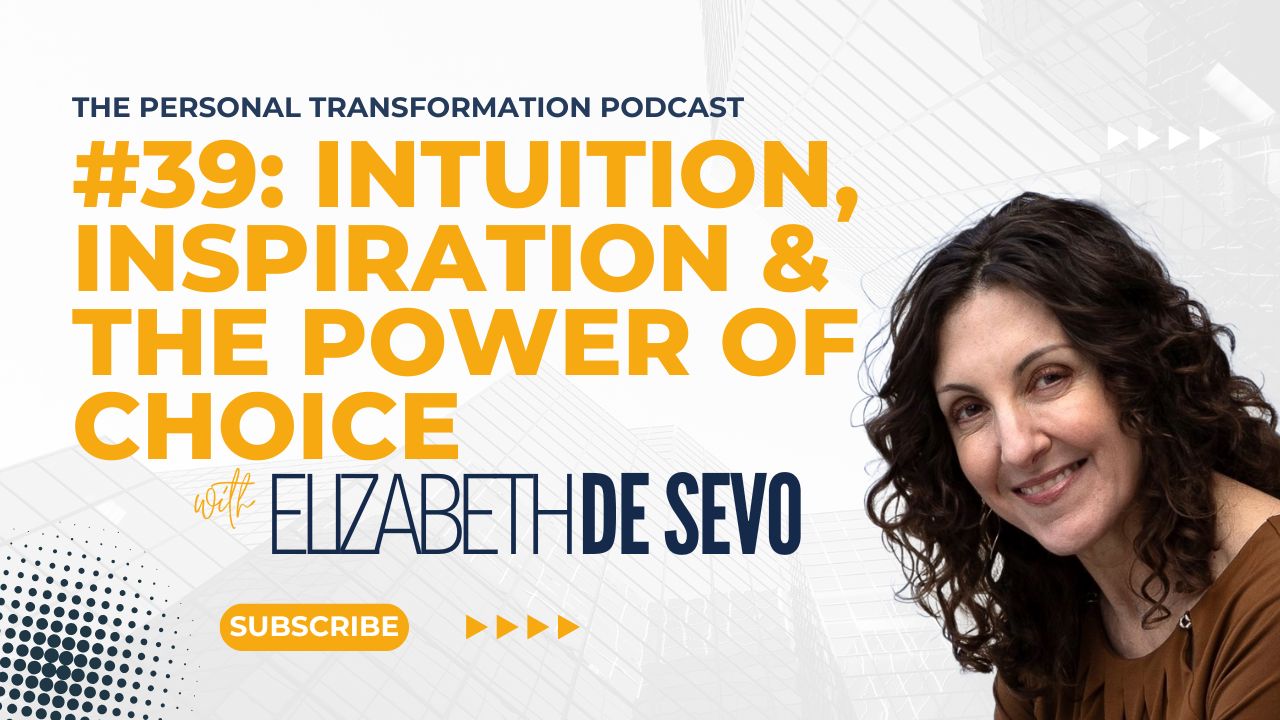Excuses
Being under pressure isn’t enjoyable. When we experience stress, our body’s natural reaction is to want to alleviate that feeling and give us a break. We believe that if we experience too much tension then something inside of us will break. Deep down, we are scared that we aren’t strong enough mentally or physically to deal with the challenge at hand, and so we find a way to alleviate that tension and make us feel better in the moment.
The problem is that pressure, tension and stress are all critical on the road to success. Therefore, alleviating those feelings actually stops you from being successful.
Success is what comes after you stop making excuses – Luis Galarza
Excuses are the mind’s way of relieving tension before you even begin. An excuse is you’re brain’s way of telling you that the challenge you are going to face is worse than the situation you are currently in, and therefore you should not even attempt to do something different.
If we are going to set goals and attempt be successful, we need to find a way to delay gratification, to ignore the short-term safety that excuses bring in exchange for the opportunity for growth that comes with stepping outside your comfort zone.
You can either make excuses, or you can make progress.
Excuses are a trade-off
Which is more important to you? Comfort or growth? Status Quo or opportunity? Fear or purpose? As Arnold Schwarzenegger said, “you can either have excuses or results… but you can’t have both!”. Therefore, if you want to achieve success at anything, you will need to overcome your excuses.

Everyone has excuses. No one wakes up without hearing some little voice telling them to take it easy, hit the snooze button and pull the duvet over their head. The difference is successful people have found a way to consistently get past their excuses.
He that is good for making excuses is seldom good for anything else – Benjamin Franklin
Take waking up in the morning as the easiest example. How many times have you hit snooze, telling yourself it is too cold, or too early, or you will just do it this evening instead of this morning? When we hear that voice, people who make excuses will roll back over and go back to sleep, whereas successful people will get up anyway. I can guarantee if you were getting up early to go on holiday, you would have got dressed before you even went to bed. So why is everyday different to those special occasions?
What is the opposite of excuses?
So if excuses hold us back and allow us to reduce the tension we find ourselves under, what is the opposite of excuses?
The opposite of excuse is purpose, passion, a calling, faith, commitment, consequence, dreams, ambition, focus, determination, responsibility.
The reason we get out of bed is because we have a reason to get out of bed. The reason we go to the gym and eat healthy is because we have a reason to go to the gym and eat healthy. The reason we work so hard is because we have a reason to work so hard.
But my excuse is real
Your excuse may be strong. You might have a really good excuse for why you can’t do something. Maybe your excuse is significantly better than “the dog ate my homework”, but that doesn’t mean it has to hold you back.
If something is important enough to you, you will find a way past your excuses. As Victor Frankl said “he who has a why to live for can bear almost any how”, so ask yourself if what you want is worth overcoming your excuses.
History is full of people that could have given into their excuses, but persisted anyway.
- Albert Einstein didn’t speak until he was 4 and couldn’t read until the age of 7.
- Walt Disney was fired because he “lacked imagination and had no good ideas”.
- Colonel Sanders didn’t start KFC until he was 62 and had over 1000 restaurants reject his recipe.
- Harrison Ford worked as a carpenter before he eventually got an acting role in Star Wars.
- Benjamin Franklin was pulled out of school at 10 years old as his parents couldn’t afford it.
Your excuse is as real as you make it, and you will always find people to agree with you, whichever perspective you adopt. There will always be people who allow you to accept your limitations as it is human nature to want to see others avoid struggle and hardship. You might have to look a little harder for people who will hold you accountable to getting over your excuses without judgment or criticism.
How to get over your excuses
Think of something you want to make happen this week. Now, imagine yourself at the end of the week having failed miserably at this goal. Murphy’s Law came into effect and everything that could go wrong did go wrong, and as you reflect, you can see all the things that got in the way of you achieving your objective.
Now, ask yourself, if you had to do it all again, how would you avoid those challenges next time.
What you have just done is identified all the excuses you could possibly have, along with the solutions you are looking for.
Let me share a personal example with you. I recently had to drive to London to speak at an event, and was due to be on stage in the morning, so I couldn’t be late. Although usually my journey would take about 2 hours, my previous trip had been 4 hours due to train issues. I knew this time I wouldn’t be able to make excuses if I was late, so decided to plan ahead and think about what could go wrong.
I knew most of the busy traffic was around a certain spot at a certain time, so decided I needed to get there ahead of time. That meant leaving earlier. I knew that parking could be difficult, so pre-booked a parking space. I knew leaving that early meant I might not get to prepare food, so made my breakfast and lunch the night before and took it with me in the morning.
I didn’t get it all right. I thought I would get petrol on the way, but didn’t account for the petrol station being closed at such an early hour of the day. However, that is a lesson learned for next time. But I did arrive early, had time for a coffee and a quick bit of work, and most importantly was there with plenty of time to relax before speaking.
Think of all the excuses I could have made. Sorry for being late… traffic! Sorry for not speaking well… was rushed and didn’t have time to prepare! Sorry for looking tired… I didn’t eat breakfast and am a bit hangry!
Prepare for your excuses in advance
This might seem like a basic example, but the process of identifying your excuses is the same, whatever your objective.
Got an exam at the end of the month? What possible reasons could you give for failing that exam? How can you plan against them?
Want to break a PB in a marathon? What could go wrong on the day? Blisters? Hydration? Not enough sleep? How can you get ahead of all of these possible hurdles?
Want to write a book? What could get in the way of you meeting your deadline? Why wouldn’t you be able to write 1000-2000 words a day? Now make your plan to NOT allow those things to happen.
Whatever your goal, there will be hurdles. You don’t need to add to these by giving yourself excuses to overcome as well. Focus your energy and passion into action, make it easier to win by planning, and keep going no matter what.
If you put as much effort into your work as you used to put into your excuses then your success is guaranteed – Dan Storey
Don’t recycle your excuses
You likely have excuses and reasons why you haven’t achieved things in the past. If you. Look back over your life at all the things you have tried, you. Might find a few common occurrences along the way that can give you an idea of potential future excuses.
It is important not to repeat the mistakes of the past when you start moving towards your new goals. There are only 3 possible excuses for failing with the same excuses.
1. You are attempting the impossible. There are somethings that are are impossible, and some that just haven’t been done yet. Growing an oak tree from an apple seed is impossible, so don’t repeat the mistake by trying again. Running the 4-minute mile was impossible… until it wasn’t!
2. You haven’t learned the lesson. If your locus of control is external, you will still believe that things happen to you. Failure is one of the best teachers on the planet, if you can recognise the lesson. If you can take responsibility for your failure and look inside at your one shortcomings, you will know what to work on before trying again.
3. You haven’t grown. Maybe you learned the lesson, but what did you do about it? Awareness is essential, but so is putting in the work before you try again. You need to do more than last time – more effort, more preparation, more practice – until the person who tries again is barely recognisable from the person who made the previous attempt.
Mirror of Honesty
The CEO of a company I have worked with used to talk about the mirror of honesty, especially around times of challenge and adversity. This CEO said “we need to look at ourselves through the mirror of honesty and ask what we could have done differently”.
When things go wrong, it is easy to make excuses. It isn’t easy to take responsibility.
As mentioned, when we externalise the reasons, we create excuses. However, even if we take responsibility, we often use our language to let us off the hook a little.
– I only missed it by a little
– We almost made the target
– At least it was better than last time
All of these phrases reduce the motivation to improve and get better. Be precise with your self talk, and own the outcome.
– I missed because I…
– These are the areas where we fell short…
– We missed our objectives because…
If you struggle with this, find someone to hold you accountable. It will be easy to find those who agree with your excuses. Instead, seek someone who will listen, but call you on your excuses and ensure you own the entire result.
It isn’t always easy looking in the mirror of honesty, but if you want to get past all your excuses, then you better get used to that reflection staring back at you.
Excuses… In Summary
- Pressure makes us grow. Excuses alleviate that pressure.
- Excuses represent our inability to delay gratification, choosing the easier short-term option every time.
- Even successful people have excuses. They just find something more important to focus on than that little voice inside.
- Imagination and planning are key to helping you avoid your excuses.
- Learn from your lessons in life, and don’t keep replaying the same excuse each time. Learn, grow, move forward.



[…] smile and say “yes”, you need people in your life who will be real and call you on your excuses when required. Will power and commitment can fade at times, so have people near you to keep you on […]